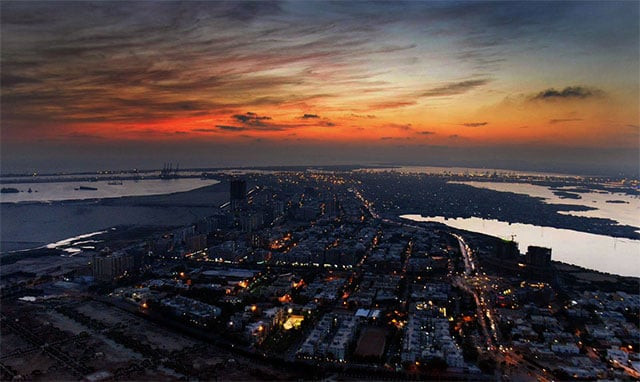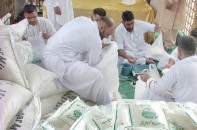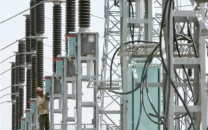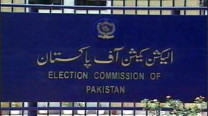Economy in recovery phase
Exports and imports grow significantly; remittances help bridge trade gap

Signs of recovery are gradually appearing. Exports grew around 18% in dollar value while imports rose around 26%.
The imports outpacing exports resulted in a ballooning trade deficit of $31 billion. This is usual recovery story in a developing economy where imports normally exceed exports.
Bourgeoning remittances of $29.4 billion played a major role in bridging the trade gap in FY21. However, debt servicing requirements were fulfilled through multilateral financing and commercial borrowing fetched through Eurobonds and Sukuk.
Both exports and imports went down in FY19 and FY20. In those years, the government pursued a macroeconomic stabilisation path, which slowed the economy down.
The curtailment of imports depends on the pace of macroeconomic adjustment. If the pace of adjustment is fast, imports will be scaled back in a short span of time. This will, in turn, reduce exports since they also depend on imports.
The adjustment brought the economy to a level where imports decreased drastically while exports fell slightly.
Earlier, the current account deficit (CAD) reduced a great deal and it gradually helped in bolstering the foreign exchange reserves of the State Bank of Pakistan (SBP) above $18.2 billion.
The advent of Covid-19 along with an extended lockdown in FY20 provided an opportunity to policymakers to slow down the adjustment process. The accommodating monetary policy along with a tax amnesty scheme given to the construction sector propelled the current recovery.
The policy rate has been kept at 7% in order to give a boost to the industrial sector. Similarly, the tax amnesty scheme has brought boom to the realty sector.
As a result, real estate prices have increased a lot in many parts of big cities. Along with the elevated real estate prices, there was a mushroom growth in new housing societies last year.
Critics are of the view that the current real estate expansion will create environmental and ecological problems in the years to come. They further state that horizontal expansion of cities has destroyed a significant portion of green area, which has already affected agriculture production.
The current expansion will increase the land stock, which will remain unpopulated for a long period of time. On this basis, the current expansion would turn out to be counterproductive in the long run.
Despite these odds, the current recovery is propelled by the construction sector. Construction activity has increased across Pakistan as consumption of cement has gone up around 18%.
Similarly, steel consumption has also increased. The high demand for steel and cement has slightly jacked up their prices.
In addition, glass, ceramics, paints and other construction-related industries have got a boost.
The higher real estate prices significantly impact sales of automobiles. The worthy individuals use their capital gains to buy high-end cars. Hence, the higher real estate prices have become a contributing factor in the surge in car sales.
The government intends to sustain this recovery through a lax fiscal policy where expenditures will increase along with a nominal increase in taxes. This policy will increase imports, which have crossed $6 billion in June 2021.
The higher imports will increase CAD and put pressure on the foreign exchange reserves. If the government does not eat up the reserves, the pressure will fall on the rupee in the form of gradual depreciation.
In short, the economy is passing through a recovery phase. The boons of this recovery are still limited to a certain segment of the population.
Under the emerging situation, imports will surpass exports by a huge margin and the balance of payments will come under strain in due course. Hence, the current recovery will likely follow the old course.
The writer is the Assistant Professor of Economics at SDSB, Lahore University of Management Sciences (LUMS)
Published in The Express Tribune, July 19th, 2021.
Like Business on Facebook, follow @TribuneBiz on Twitter to stay informed and join in the conversation.



















COMMENTS
Comments are moderated and generally will be posted if they are on-topic and not abusive.
For more information, please see our Comments FAQ